CHRIST University offers rigorous programs, valuable resources, and countless opportunities that will enable you to pursue your desired course of study..

Empowering students to think, lead, and transform. Shaping global minds for enterprise and community.
Explore
Building expertise in commerce, finance, and accountancy.Shaping ethical leaders for a dynamic global economy.
Explore
Explore the world through stories, art and ideas. Grow as a creative, critical and compassionate individual.
Explore
Shaping legal minds through rigorous academics and real-world exposure.Empowering future lawyers with knowledge, ethics and excellence. Explore

The programs foster scientific insight, ethical awareness and skills for practice, research and critical thinking.
Explore
Empowering minds through logic, computation, and innovation.Fostering holistic growth with quality education and research excellence. Explore

Fostering academic excellence through research-driven learning and innovative pedagogy.Empowering students in economics, analytics, and psych...
Explore

On receiving best paper award for research paper titled: "Cracking the Code of Financial Market Misconduct: A PLS-SEM Investigation of Fraudulent Environments in India’s Stock Market", International Conference (FINCON 2025) at National Forensic Sciences University

On receiving best paper award for research paper titled: "Cracking the Code of Financial Market Misconduct: A PLS-SEM Investigation of Fraudulent Environments in India’s Stock Market", International Conference (FINCON 2025) at National Forensic Sciences University
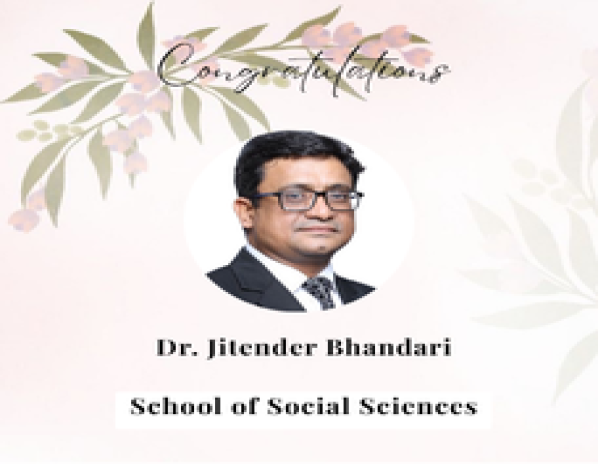
On delivering a keynote address on "University Driving Change: The Role of Higher Education in achieving the SDGs" at Sophia University, Japan
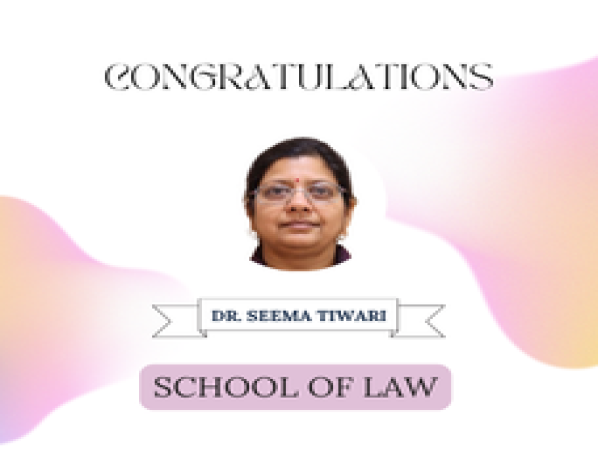
On Publishing a Scopus (Q1), ABDC (B) research paper titled "Measuring and monitoring India's progress toward environmental SDGs: Variables influencing the advancement" in Measuring Business Excellence (Emerald)

On securing the Silver Medal at the 2025 International Open Kukkiwon Cup – Taekwondo, held at KD Jadhav Indoor Hall, Indira Gandhi Indoor Stadium, New Delhi.”

On representing her startup idea “Mentally Prepare” at the HP × Intel Dreams Unlocked – Season 1 event held in Mumbai, Maharashtra. She was among the top four and received a ₹1.5 Lakh prize along with exclusive gifts from HP and Intel.

On publishing a Scopus-indexed book chapter titled "Digital Transformation and Sustainability in the Age of Industry 5.0: A Strategic Framework for Business Success" in an edited book titled "Practical Frameworks for New-Age Digitalization Business Strategy" in International Publisher (IGI-Global)

We are delighted to announce that our student, Himani Negi, BBA-Hons (2021-24), represented India at the Youth Exchange Program in the United Kingdom in 2023.

Volleyball (Girls) - Finals : On securing the 1st position in Volleyball (Girls) representing Christ University in the final match against JMC. Table Tennis (Girls)-Finals : On securing 1st position in Table Tennis (Girls) representing Christ University in the final match against IIT Kanpur(A). Football (Girls) : On securing the 2nd Runners-up position in Football (Girls) representing Christ Universityin the final match against OP Jindal

On Publishing a Scopus-indexed book chapter titled "Opportunities for Women's Rural Entrepreneurship in Deprived Rural Environments: Empowering the Pathway for Women Entrepreneurs in Rural Environments" in IGI Global

CHRIST (Deemed to be University) Awarded ‘Outstanding Private Deemed to be University’ at The Economic Times Education Excellence Awards 2025
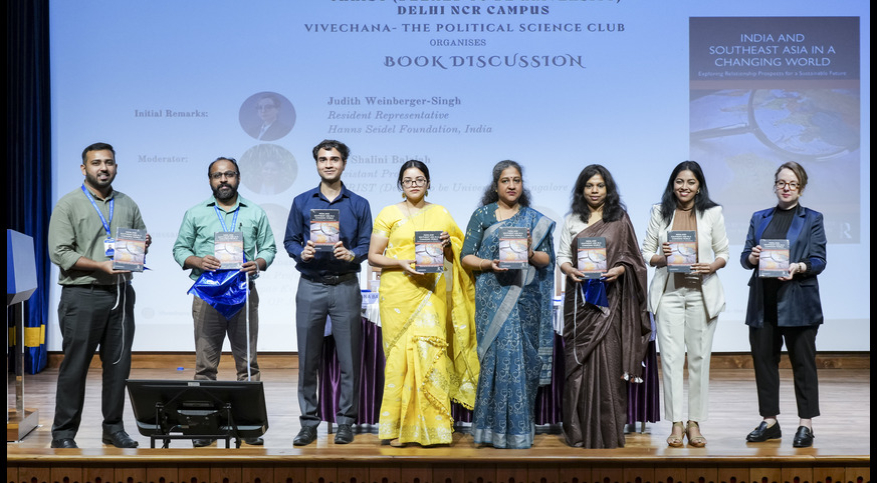
Open Journal of the Communications Society, a reputed Q1 journal with a 6.3 impact factor, indexed in ESCI, Web of Science, and Scopus.
Christ University hosts distinguished guests from academia, industry, and the arts, inspiring students and faculty through insightful interactions and discussions.


A Senior Assistant Professor from the University of Verona
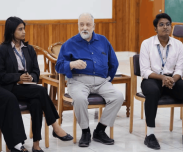
The founder of Humanistic Psychodrama the founder of Humanistic Psychodrama
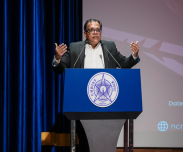

Entrepreneur and content creator
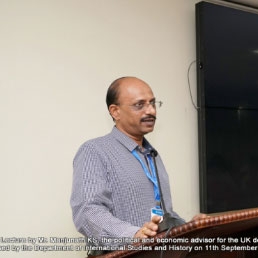
Novelist and Journalist Times of India
Lorem ipsum dolor sit amet, consetetur sadipscing elitr, sed diam nonumy eirmod tempor invidunt ut .Lorem ipsum dolor sit amet, consetetur sadipscing elitr, sed diam nonumy eirmod tempor invidunt ut Lorem ipsum dolor sit amet, consetetur sadipscing elitr, sed diam nonumy eirmod tempor invidunt ut .Lorem ipsum dolor sit amet, consetetur sadipscing elitr, sed diam nonumy eirmod tempor invidunt ut

MSc Clinical Pschology
(2011-2013)
Founder, Director- Ishanya India Foundation, Center for Individuals With Special Needs

MSc Psychology – Human Resource Development and Managemnt
(2015 - 2017)
Research Associate, University of Florida

MSc Counselling Psychology
2013-2015
Licenced Psychologist, Systemic Psychotherapy -Family Therapy, Human Relations Institute and Clinics, Dubai, U.A.E

Senior Vice President
Masai School
Bachelor of Business Management (BBM - 1995)



| NURTURING EXCELLENCE
| ENRICHING LIVES
| TRANSFORMING FUTURE
Socialize
with wide Numbers